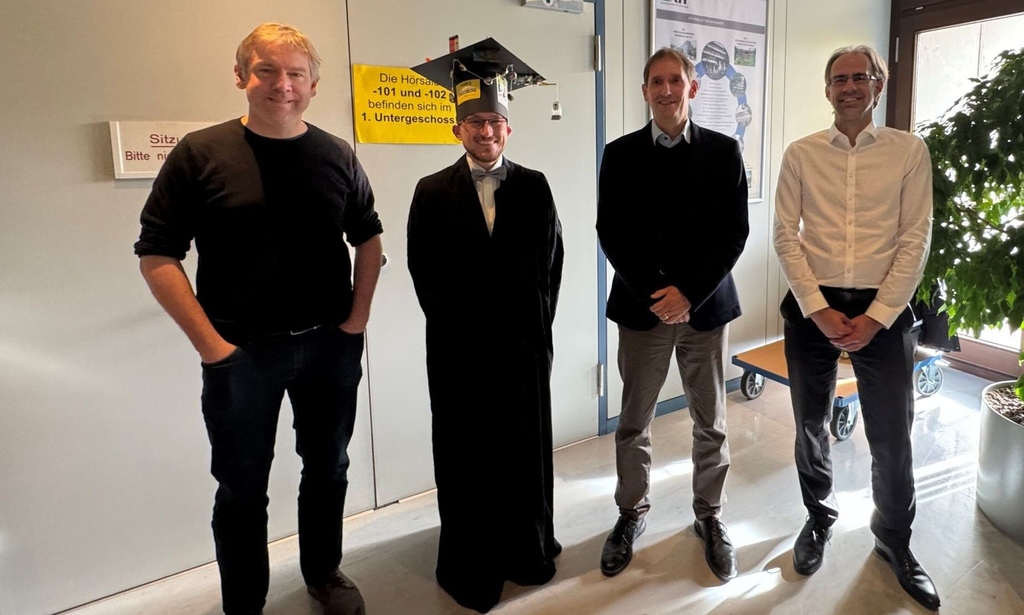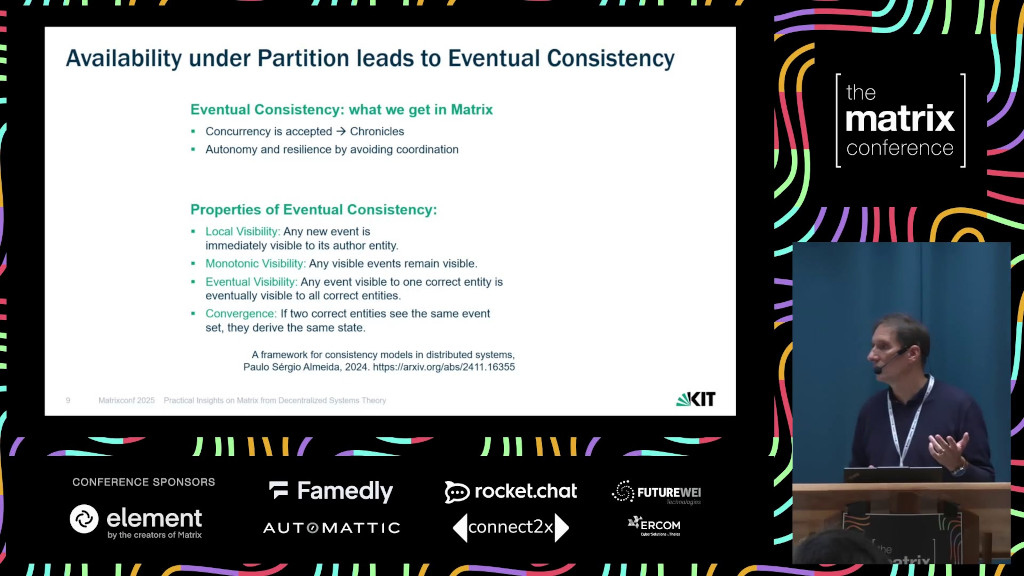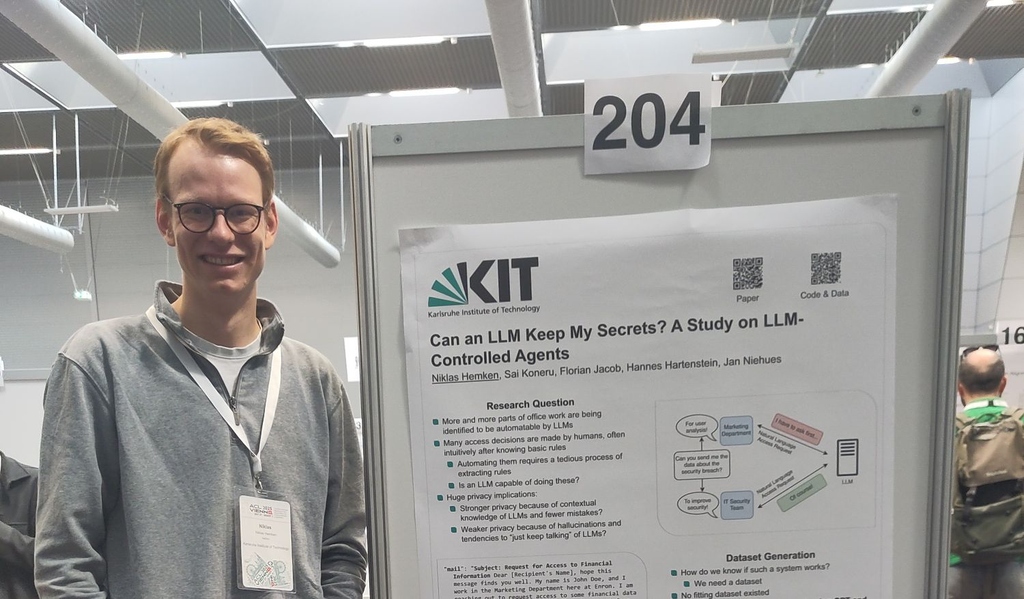Decentralized Systems and Network Services Research Group
Under the term "Decentralized Systems and Network Services" we understand distributed and networked technical systems that span over more than one administrative domain. Hence, their operation depends on more than one party. Our research focuses on:
- Blockchains, broadcast and consensus algorithms and smart contracts
- P2P-networks and network monitoring
- Decentralized messaging at the example of Matrix
- Identity Management and Access Control Systems
- Secure and privacy-aware computing in partially trustworthy environments
- Decentralized Learning.
News | News Archive

Our paper "Security of the Lightning Network: Model Checking a Stepwise Refinement with TLA+" received the best paper award at the 20th International Conference on Integrated Formal Methods (iFM 2025). In this contribution, we present our method and result of a security analysis of Lightning, the protocol of the Lightning Network.

Our colleague Marc Leinweber successfully defended his doctoral dissertation on November 5, 2025.
In his thesis entitled “TEE-Based Distributed Ledgers and Their Resilience”, Marc explored ways to accelerate consensus mechanisms using Trusted Execution Environments (TEEs) in order to make them suitable for large-scale applications. Motivated by the vision of a decentralized, non-monopolistic solution in the field of public transportation, he demonstrated that his approach can scale across Europe while maintaining strong resilience against attacks.
We warmly congratulate our colleague on this outstanding achievement!

We were accepted with the talk „Eventually Consistent Access Control: Practical Insights on Matrix from Decentralized Systems Theory” at the Matrix Conference 2025 in Strasbourg. The talk gives an overview on the decentralized systems foundations relevant for Matrix, and summarizes our research on Matrix during the last years. The recording is freely accessible.

We presented our publication "Can a Large Language Model Keep My Secrets? A Study on LLM-Controlled Agents" as a poster at this year's ACL Student Research Workshop in Vienna, Austria. We explore various approaches of automating access control decisions using LLMs. We are able to show that current LLMs are somewhat capable of performing access control tasks, while we further increase the performance by fine-tuning a model on synthetic data.


